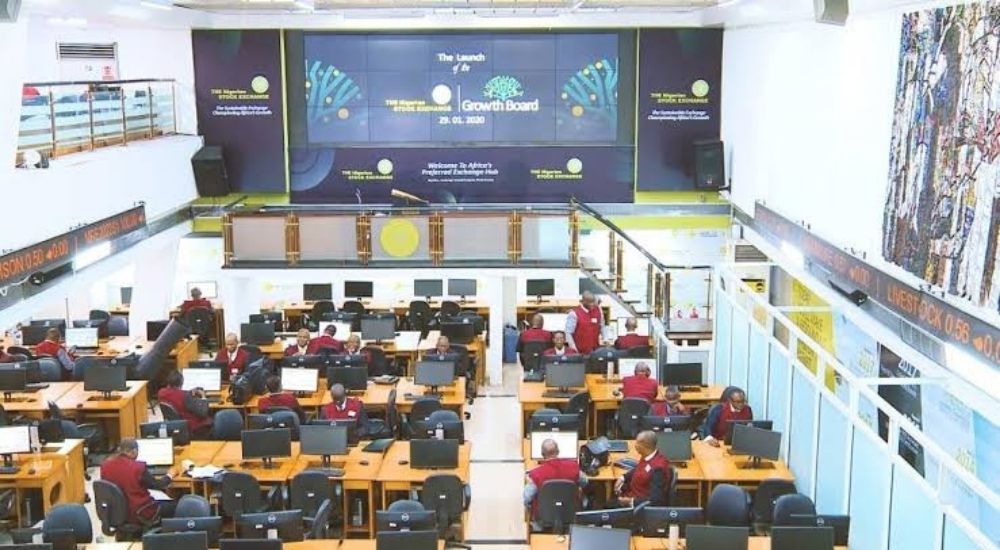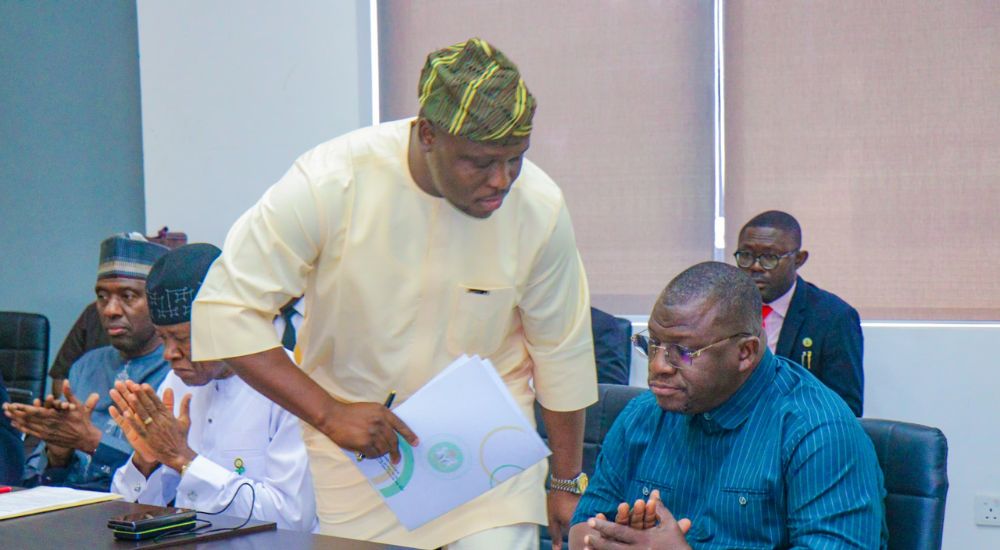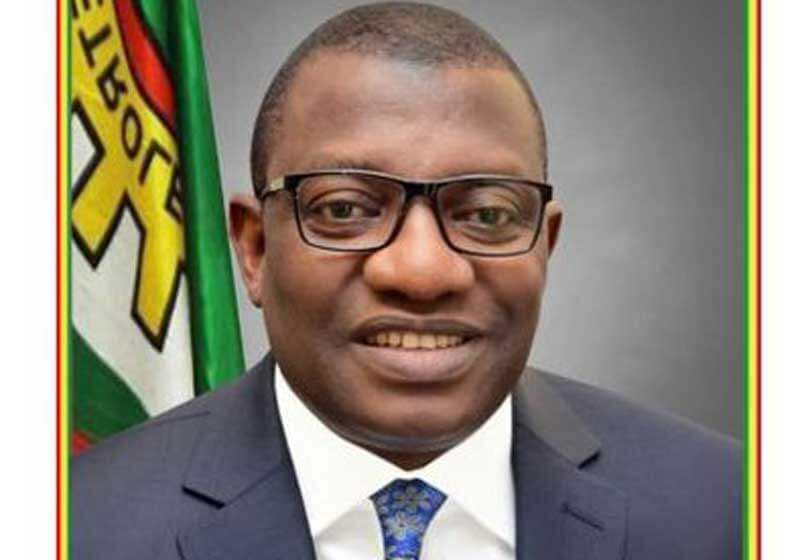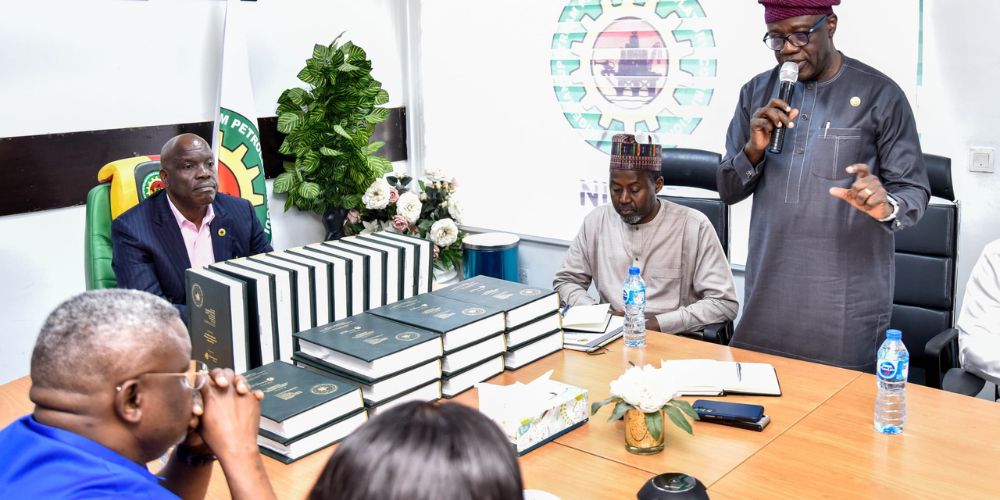Bala Wunti—The Strategist Who Reshaped Nigeria’s Energy Narrative
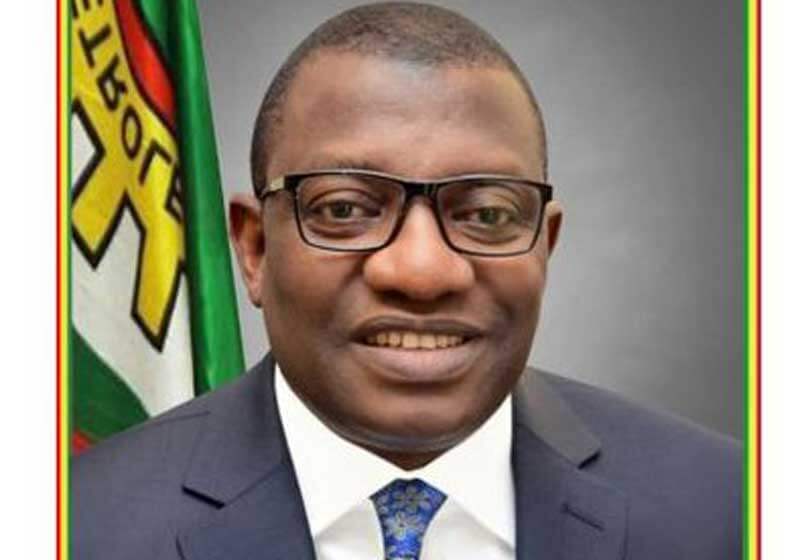
In every generation, a few leaders emerge who do not seek the spotlight but whose actions illuminate entire industries. Bala Wunti is one of them. Over a career that has spanned more than three decades, Wunti has not only served Nigeria’s oil and gas sector, he has helped redefine it.
Starting in the late 1980s at Doma Chemicals in Lagos, Wunti began his professional journey managing chemical imports and exports—an early immersion in logistics and global trade that would later shape his commercial acumen. But it was his entry into the Nigerian National Petroleum Corporation (NNPC) that would lay the groundwork for one of the most impactful careers in the nation’s energy sector.
From refinery operations to upstream strategy, Wunti’s progression was deliberate and steeped in hands-on learning. As a Refinery Process Operator Trainee, then Production Programming Officer, he learned to understand the machinery of energy production. But it wasn’t just the machines that interested him—it was the systems, the inefficiencies, the missed opportunities.
By the time he joined Brass LNG Limited in 2004, he had already distinguished himself. There, he founded the Market Research Unit, negotiated LNG Sales and Purchase Agreements with global, investment-grade buyers, and helped position the company as a competitive player on the international stage.
Yet, his most defining chapters would come at NNPC itself. As Senior Technical Advisor to five Group Managing Directors, General Manager of Corporate Planning and Strategy, and later Managing Director of PPMC, Wunti became the go-to figure for complex problem-solving, strategic renewal, and transformational leadership.
At PPMC, he introduced PPMC Business Automation, digitizing legacy processes and ushering in new levels of transparency. But it was the launch of ‘Operation White’ that revealed the true scale of his ambition. Aimed at curbing the smuggling of petroleum products and ensuring end-to-end tracking across Nigeria, the operation deployed a team of 89 monitors and established real-time oversight. It not only reduced product diversion but helped recover millions in lost revenue, stabilising national fuel supply in the process.
Wunti’s ability to resolve entrenched disputes is particularly noteworthy. He led the resolution of the EGTL cost dispute, renegotiated deepwater Production Sharing Contracts after decades of impasse, and reviewed the 1993 Deep Offshore Act to significantly improve Nigeria’s share of upstream revenues. These are not just technical achievements—they are acts of national stewardship.
In his more recent roles as Chief Upstream Investment Officer at NUIMS and Group General Manager at NAPIMS, Wunti expanded his focus to upstream investment optimization. He spearheaded cost-efficiency measures that brought operating costs below $10 per barrel, a major milestone in an industry notorious for bloated expenditures. His Gas Monetisation Strategy unlocked new domestic gas supply streams, powering homes, industries, and driving job creation.
Wunti’s vision of gas as Nigeria’s transition fuel led to the conceptualisation and advancement of the Nigasification Strategy—a blueprint for using natural gas and condensates to shift the country toward a lower-carbon, industrial economy. This forward-thinking approach aligned Nigeria with international energy transition goals while prioritising local economic resilience.
During the COVID-19 pandemic, while many institutions faltered, Wunti rose to the occasion. He coordinated the industry-wide emergency response—setting up field hospitals, ensuring medical supply chains, and protecting workers. His leadership ensured not only the continuity of petroleum operations, but the health and well-being of thousands.
As Chief Health, Safety and Environment Officer at NNPC Limited, Wunti carried this people-first philosophy into safety and sustainability. Under his watch, NNPC developed stronger governance structures, rolled out safety-enhancing reforms, and committed to more environmentally responsible operations—all while maintaining high productivity.
Beyond national borders, Wunti served as Nigeria’s National Representative to the Gas Exporting Countries Forum (GECF) and as a Technical Member of the OPEC Economic Board, placing Nigeria’s voice squarely at the center of global energy diplomacy. His influence at these forums has helped shape policy dialogues and commercial strategies that balance the interests of producing countries with the realities of global demand shifts.
He is also a Fellow of the Energy Institute (UK), the Chemical Society of Nigeria (FCSC), and an active member of the International Association for Energy Economics, Nigerian Gas Association, and Polymer Institute of Nigeria. His role as Vice President of the World Energy Council is a further testament to his international stature and professional credibility.
Through all of this, Wunti has remained committed to the idea that technical expertise must serve the public good. Whether it was boosting upstream performance, renegotiating global agreements, or eliminating systemic inefficiencies, his leadership has consistently put national interest before personal gain.
His is a career not just of milestones, but of moments that mattered—moments when critical decisions were made, and Nigeria emerged stronger because of them.
In an industry often mired in opacity and controversy, Bala Wunti stands out as a reformer, a strategist, and above all, a servant-leader. As the energy sector continues to navigate turbulence—from global transitions to local reforms—his blueprint offers a compelling vision: one where competence, integrity, and courage drive sustainable progress.
Nigeria would do well to not just remember his contributions—but to build upon them.
Bala Wunti—The Strategist Who Reshaped Nigeria’s Energy Narrative is first published on The Whistler Newspaper


